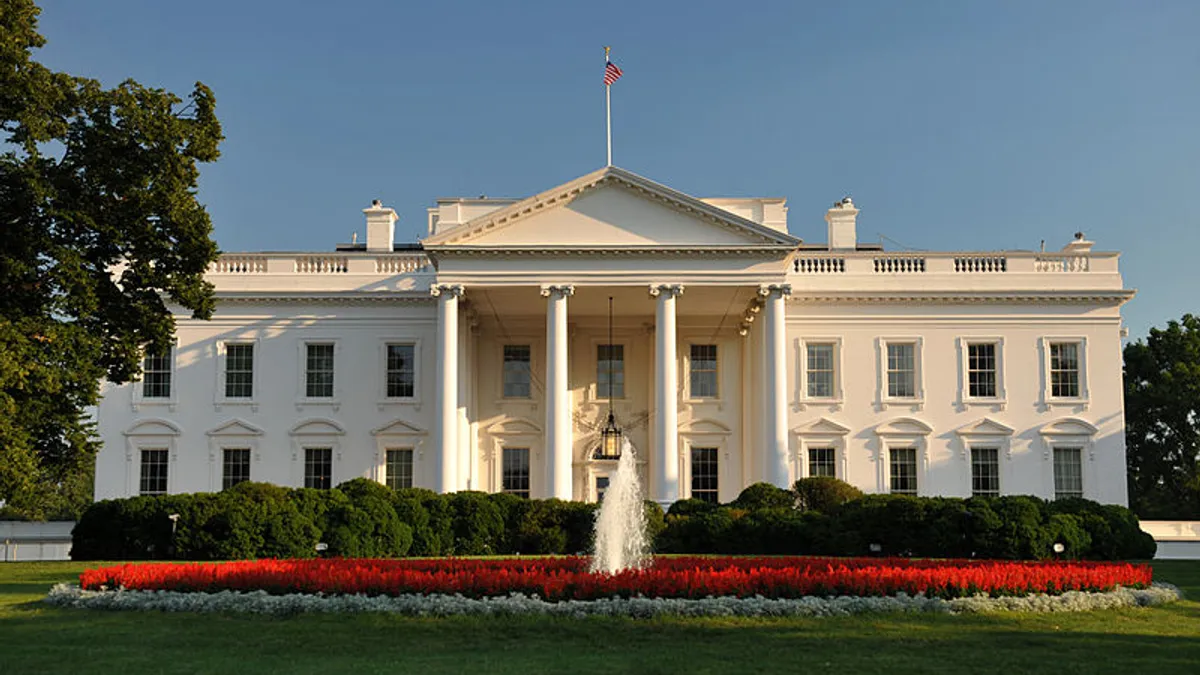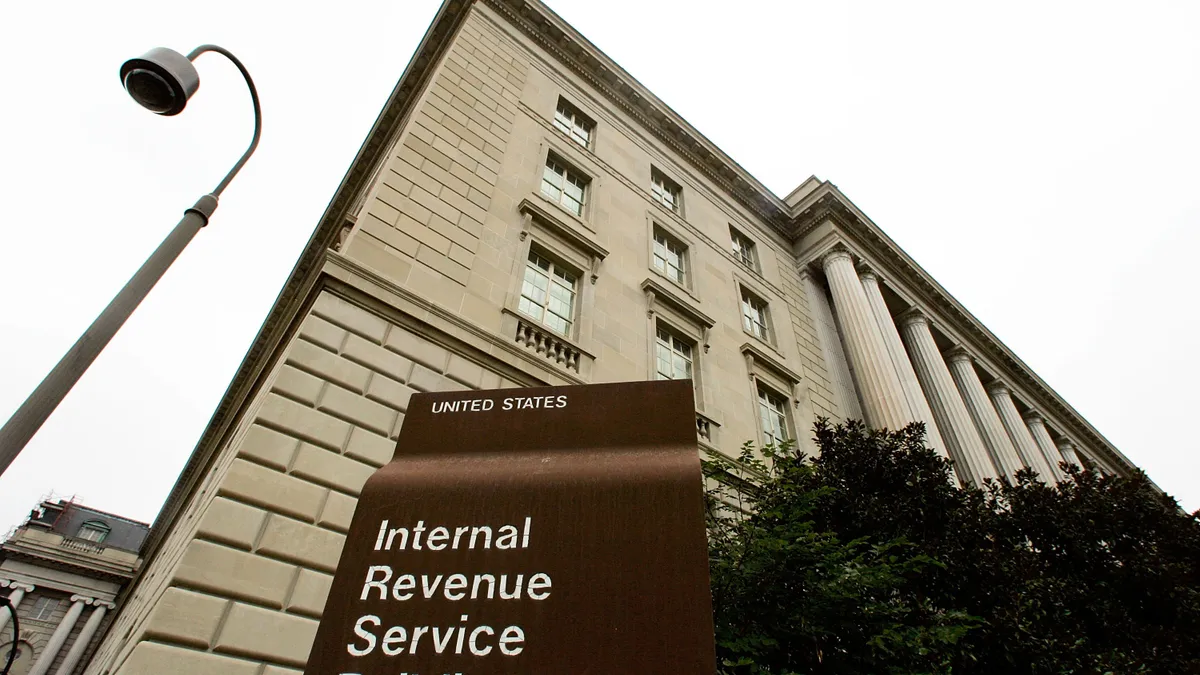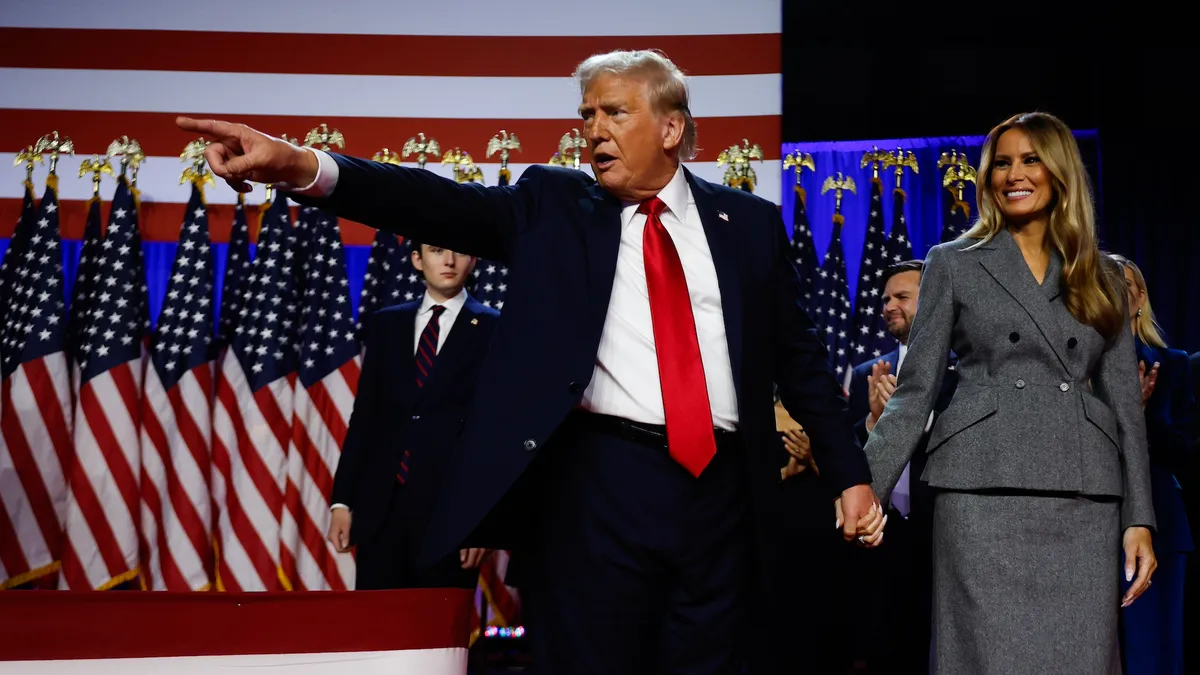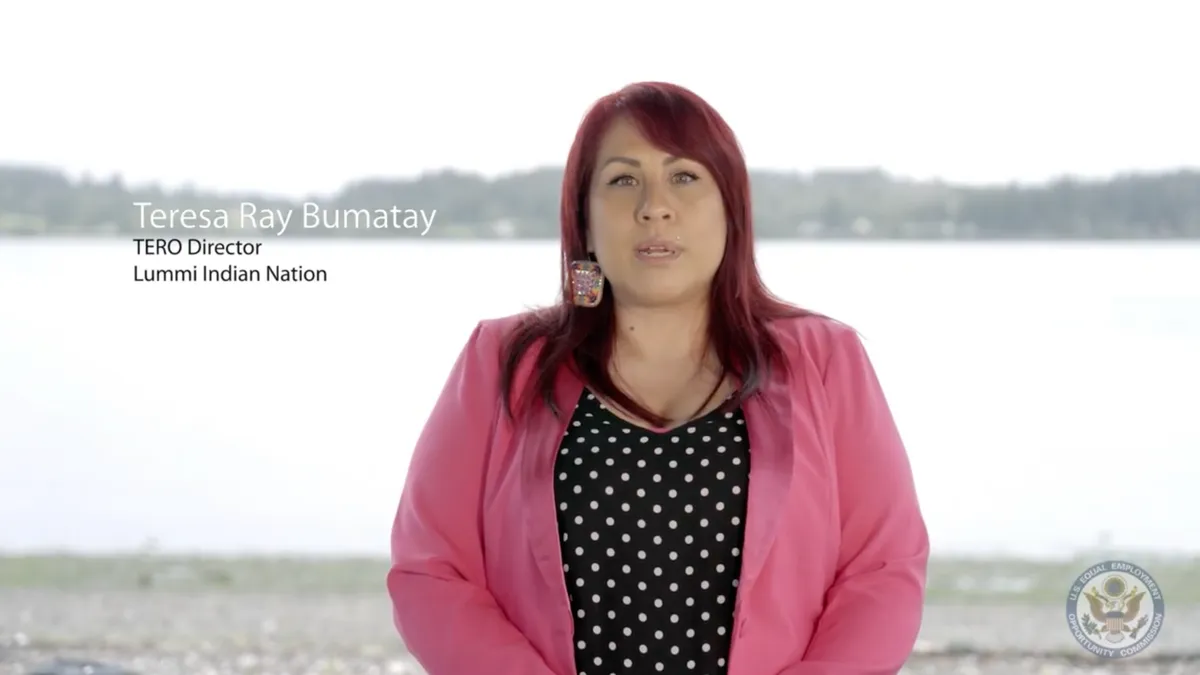Just days after Former Vice President Joe Biden was deemed presumptive president-elect, questions are already arising over how his administration would approach racial equity — especially President Donald Trump's Sept. 22 "Executive Order on Combating Race and Sex Stereotyping."
Biden plans to "promote diversity and accountability in leadership across key positions in all federal agencies," according to his Build Back Better Agenda. In regard to diversity in leadership, California Senator Kamala Harris is the first woman, the first Black American and the first individual of South Asian descent deemed vice-president elect.
"We have every hope that the Biden administration would rescind the executive order," Jin Hee Lee, senior deputy director of litigation at the NAACP Legal Defense & Educational Fund, Inc. (LDF) told HR Dive. "Of course, we won’t know for sure until they actually do it" or until it’s communicated exactly what steps the new administration will take, Lee said. LDF will continue to pursue litigation, "even under the Biden administration, until the executive order is fully rescinded," she said.
LDF filed a lawsuit Oct. 29 challenging Trump’s executive order on diversity training programs run by federal agencies that prohibited "divisive concepts," such as systemic race and sex discrimination and the discussion of race stereotyping. LDF claimed the order is a violation of the First Amendment's protection of speech and also violates the Fifth Amendment. Recipients of federal grants, federal contractors and subcontractors are subject to the terms of the order.
'A chilling effect'
Trump, who has not yet conceded the election to Biden and is pursuing legal action, will remain in office until Jan. 20, 2021. Between now and January, LDF is concerned about the executive order’s "chilling effect" in regard to "various entities either canceling or postponing their trainings or perhaps censoring themselves in terms of the language they use, not only in their trainings but also their workplace discussions about issues of equality," Lee said. At the "heart of [the] lawsuit" is that in order for federal contractors to compete for a federal contract, they have to censor how they talk about workplace equality and monitor their methods to "overcome systemic racism and systemic sexism," Lee said. "That’s a choice they shouldn’t have to make under the First Amendment," she said.
The executive order also has an impact on how federal agencies plan for the future. An October Environmental Protection Agency event on LGBTQ pride was canceled following the order, Sterling Cruz-Herr, founder of TransClue, said during a video press conference Oct. 29. Efforts in planning for upcoming Black History Month events, for example, could be hampered, Lee said.
The executive order also has implications for private companies, Lee noted. The U.S Department of Labor's (DOL) Office of Federal Contract Compliance Programs sent inquiries to both Microsoft and Wells Fargo on whether the companies’ diversity initiatives violate Title VII of the Civil Right Act of 1964. "We have every confidence that Microsoft’s diversity initiative complies fully with all U.S. employment laws," Microsoft General Counsel Dev Stahlkopf wrote in an Oct. 6 blog post in response to the inquiry.
"I think it’s important for companies like Microsoft and Wells Fargo to express a commitment to ensuring equal opportunity for all of its employees especially for employees in underrepresented groups who have historically and systematically been excluded from those opportunities," Lee said. "That is in no way a violation of Title VII. We have every hope that the new administration would have an accurate view of what anti-discrimination law entails."
Contractors can expect "very significant developments" under a Biden administration, according to Cheryl Behymer, chair of Fisher Phillips’ Affirmative Action and Federal Contract Compliance Practice Group. Among other things, contractors may see more reporting requirements, especially the Obama-era violation self-reporting, according to a Nov. 9 legal alert.
Some employers already are making clear their stances on the incoming administration and its direction. IBM Chief Executive Officer Arvind Krishna sent a letter to Biden Nov. 9 outlining initiatives where the company seeks to work with the incoming administration, such as closing the digital divide and a STEM For All agenda. "We know that technological skills alone won’t erase barriers to advancement or alleviate systemic racism," Krishna wrote. "This is why IBM supports inclusion and equality of opportunity for all Americans and has long advocated for passage of the Equality Act, the George Floyd Justice in Policing Act, restoration of the DACA program, and passage of the DREAM Act."
But companies need to do more "when it comes to really tackling the issue of workplace equality and dismantling systemic racism and sexism not only in the workplace, but also in society at-large," Lee said.























